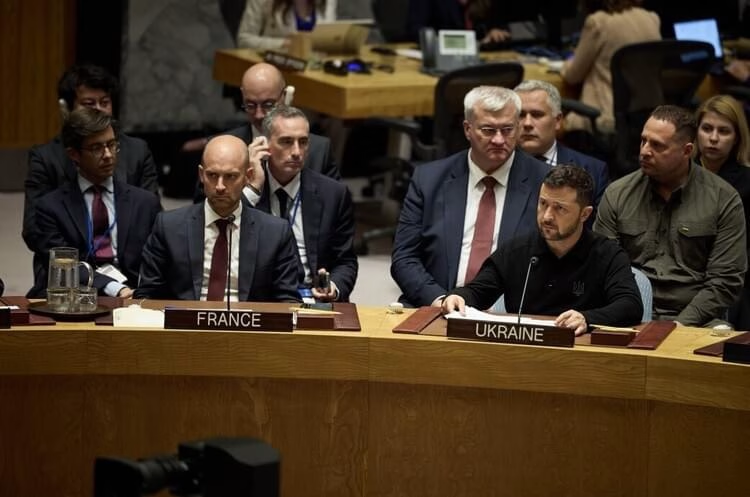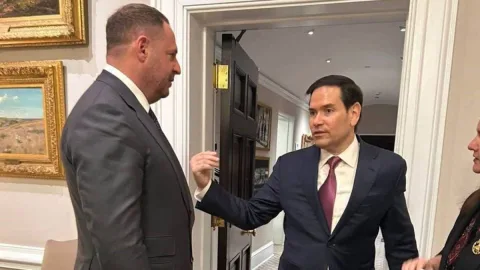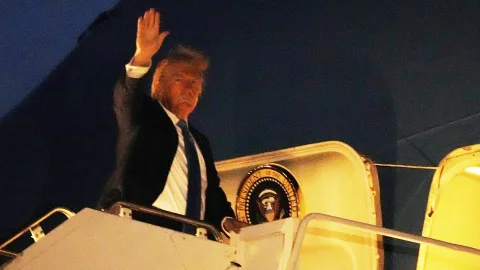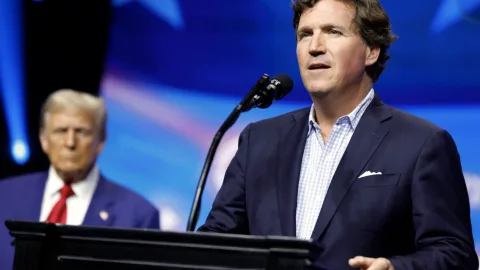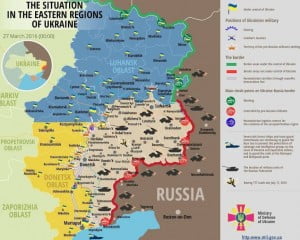In the current relations between Ukraine and the USA, an unwelcome but expected definition has emerged.
President V. Zelenskyy declared from the UN podium that Ukraine will not negotiate on the terms of “soft capitulation,” which Russia, supported by China and the global South, is promoting. “Soft capitulation” means freezing hostilities along the front line, scaling back Western military support for Ukraine, and lifting some sanctions on Russia.
In essence, this is a pause that would allow the aggressor to replenish and arm its invading forces, and then, by inventing some “violation of ceasefire conditions,” to continue aggression under more favorable circumstances. The near-empire has already demonstrated that its authoritarian management system (as well as similar systems of its main allies) can transition the country to a war footing much more swiftly and effectively than anything comparable happening in the West.
In contrast, presidential candidate D. Trump has unequivocally supported the “Kremlin plan,” publicly stating his intention to “withdraw the USA from the war in Ukraine” as soon as possible. It is clear that this can only be accomplished under the conditions of “soft capitulation” of Ukraine. Additionally, Trump accused Zelensky of supporting presidential candidate K. Harris. Consequently, Republican House Speaker M. Johnson expressed doubt about his ability to meet with Zelensky in Washington, although such a meeting was previously planned.
Thus, for some time, we will have to forget about bipartisan support for Ukraine from the USA. And we remember how painfully the political relationship between Republicans and Democrats in Congress affects the front. However, the problem is exacerbated by the fact that our so-called main ally, Democrat J. Biden, continues to demonstrate lethargy and uncertainty regarding permission for the use of long-range missiles (the mere fact of granting such permission is a manifestation of the USA’s resolve).
In chess, this is called zugzwang: the Democrats exhibit indecisiveness regarding the necessary support for Ukraine, while the Republicans are ready to decisively halt that support. Of course, I am somewhat oversimplifying and polarizing, but the situation indeed appears this way.
Thus, in the event of Harris’s victory, we hope for her intention to be the long-awaited “iron lady guarding democracy,” as well as for the strategic acumen of her advisors.
And in the event of Trump’s victory, there remains some hope for Putin’s foolishness (for example, he may start asymmetrically demanding the withdrawal of the Armed Forces of Ukraine from the Kursk region if they are still there, but will not withdraw his troops from part of Ukraine). In that case, Trump might take offense, and the near-empire may not find this acceptable. This is overall the best, but also the most fantastical scenario.
The situation could change with a shift in the course of hostilities in Ukraine, meaning a successful counteroffensive on our part. Unfortunately, such opportunities have not yet been observed.
Oleksandr Kochetkov
Tags: Analytics Opinion peace plan russia ukraine war Ukraine US
